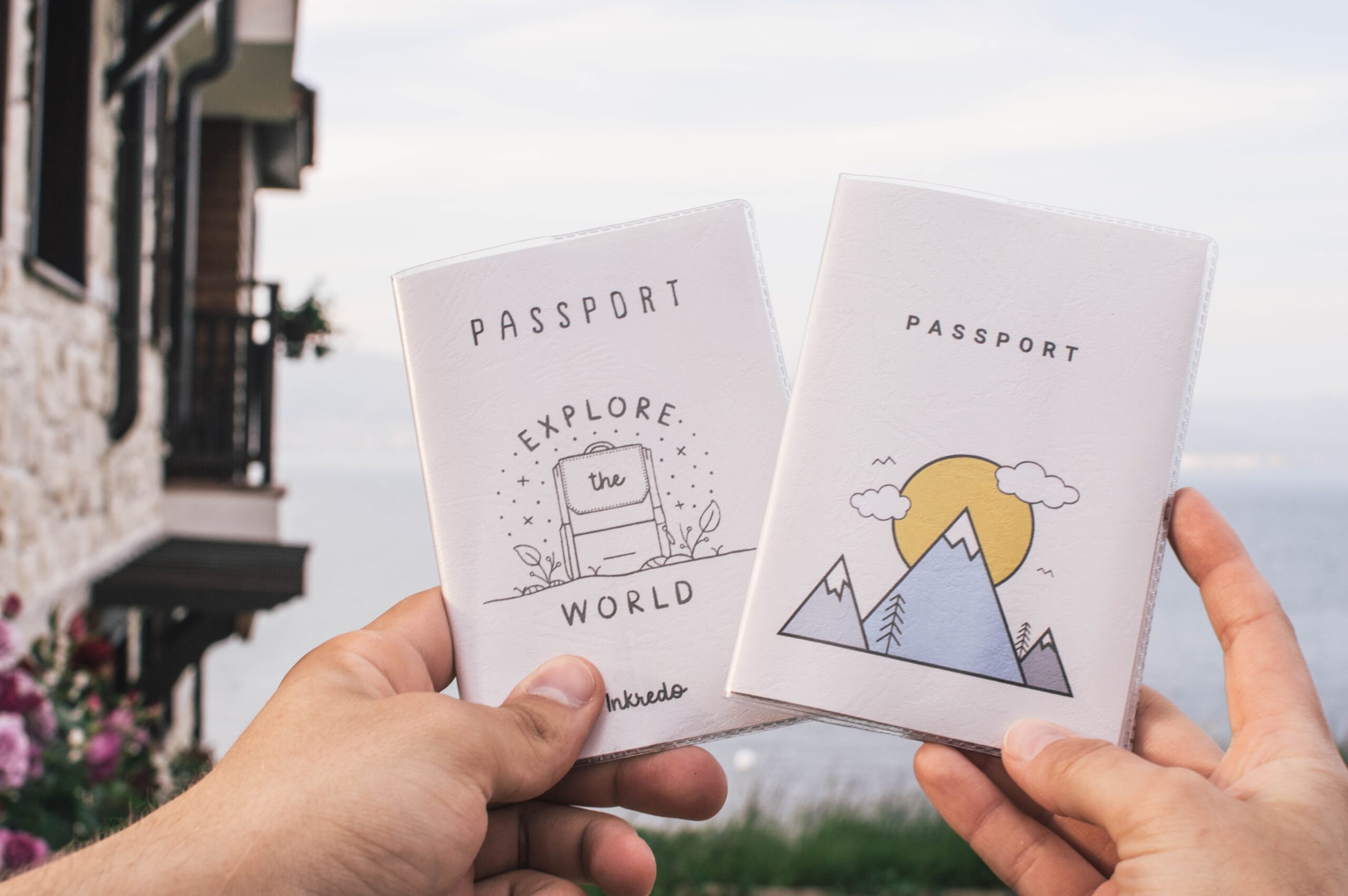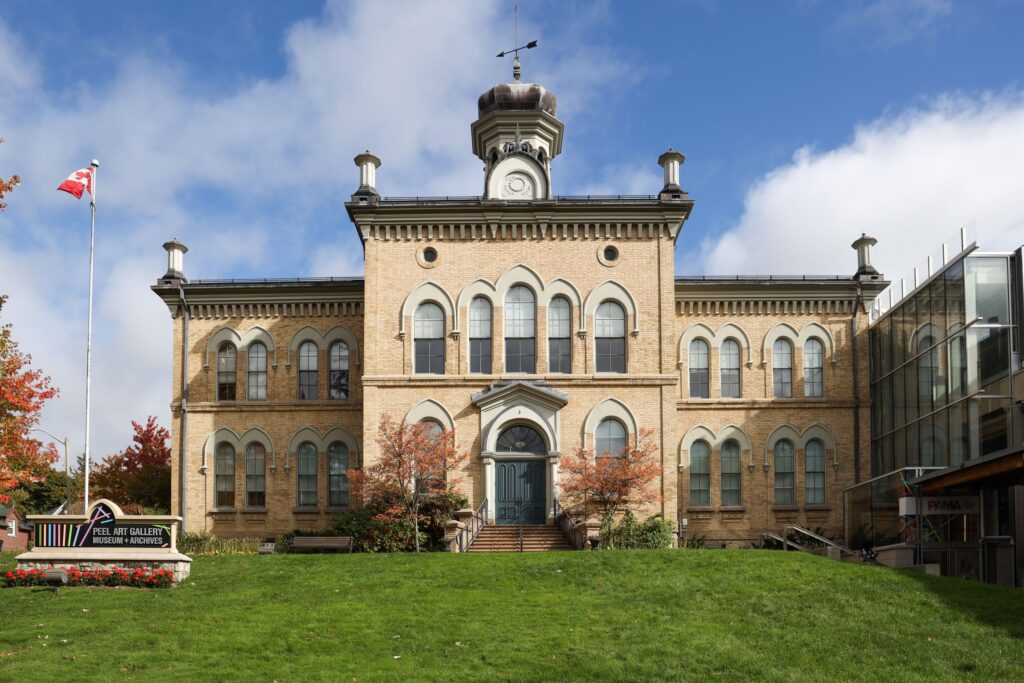The concept of dual citizenship, also known as dual nationality, is gaining increasing prominence, particularly in countries with diverse and inclusive immigration policies. Canada, known for its multiculturalism, is no exception. This guide aims to provide a thorough exploration of how dual citizenship operates in Canada, delving into eligibility criteria, application processes, and the rights and responsibilities bestowed upon those who hold dual citizenship.
Who Is Eligible for Dual Citizenship in Canada?
In Canada, the acquisition of dual citizenship is generally unencumbered. Whether an individual is born in the country, gains citizenship through naturalization, or immigrates to Canada, there is typically no requirement to renounce previous citizenship(s). This inclusivity aligns with Canada’s commitment to diversity and the fostering of a sense of belonging among its residents.
How To Acquire Dual Citizenship in Canada
Several scenarios lead to the acquisition of dual citizenship in Canada:
- Birth in Canada: The principle of jus soli grants automatic Canadian citizenship to individuals born in the country.
- Naturalization: Those who obtain Canadian citizenship through the naturalization process are not mandated to renounce their original citizenship, allowing for dual citizenship.
- Immigration: Canada’s welcoming immigration policies often result in immigrants maintaining their original citizenship while becoming Canadian citizens.
- Citizenship by Descent: Canadian citizenship by descent, based on at least one parent being a citizen, may lead to dual citizenship if the individual retains the citizenship of the other parent’s country.
Rights and Responsibilities of Dual Citizens in Canada
- Equal Treatment: Dual citizens enjoy the same rights and responsibilities as their single-citizenship counterparts. Voting and working permit-free are among the privileges extended to dual citizens.
- Respecting Laws of Both Countries: Adherence to the laws of both Canada and the other country of citizenship is expected. Dual citizens must fulfill legal obligations such as taxes and, where applicable, military service.
- Travel and Residence: Freedom of travel between the two countries is a significant perk for dual citizens. They have the flexibility to reside in either country without jeopardizing citizenship in the other.
- Consular Assistance: Dual citizens can seek consular assistance from both Canadian and their other country’s diplomatic missions in emergencies or legal issues abroad.
- Possible Challenges: Researching potential restrictions or policies in both countries is advisable before acquiring dual citizenship.
Dual citizenship in Canada encapsulates the nation’s commitment to inclusivity and diversity. Whether by birth or immigration, individuals have the opportunity to maintain strong ties to their heritage while actively participating in Canadian society. A comprehensive understanding of eligibility, application processes, and the associated rights and responsibilities empowers individuals to make informed decisions about their citizenship status in this multicultural and welcoming nation.





